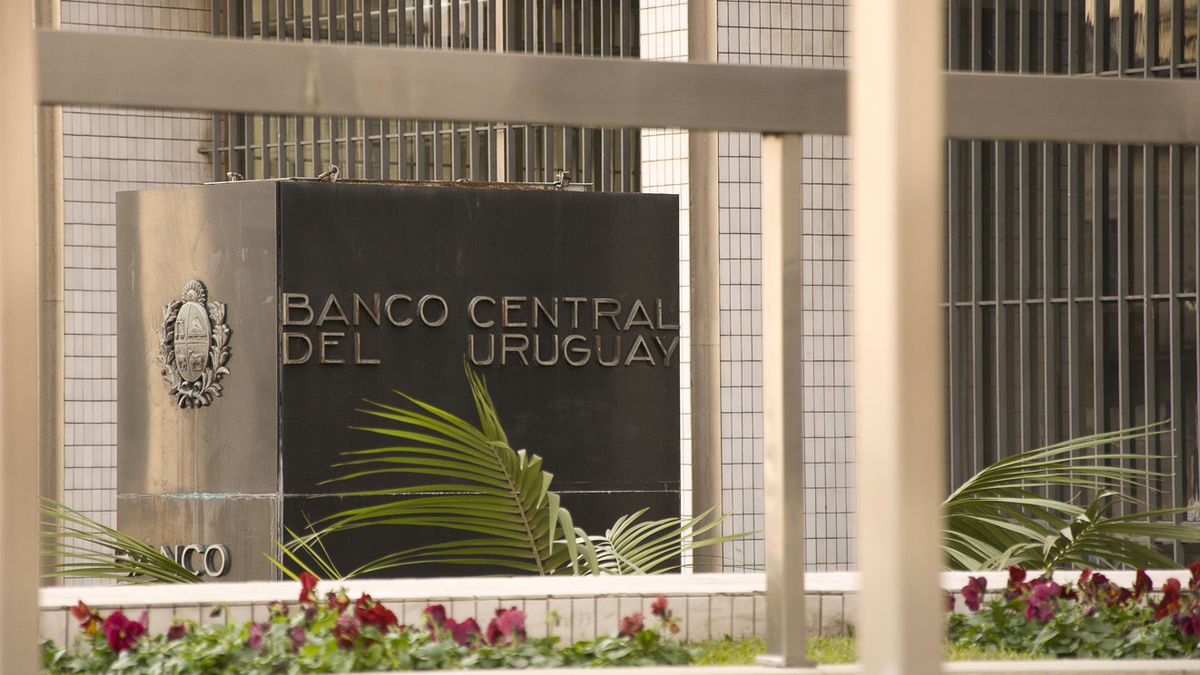The reserves of the Central Bank of Uruguay (BCU) registered growth so far this year, reaching around 16.2 billion dollars so far this year. But for the authorities it is not good news, rather they point out the existence of a overbooking.
For many countries in the region, the simple expression “excess reserves” could seem like a utopian situation or a theoretical concept that is impossible to apply in reality. However, this is the reality that Uruguay is going through, with reserve assets located at 16,200 million dollars, of which 7,500 million are freely availablereported the weekly Search.
For the BCU authorities, the amount of reserves exceed the necessary: by far, what are considered comfort reserves, which will be used to respond to a possible crisis of the system; but those that are considered optimal are also exceeded, those that are required to cover all the needs of the country.
Buying dollars is not an option, despite the fact that this was the measure adopted in previous years. The reason is that the measure should be offset by the issuance of Letters of Monetary Regulation at a “very high” cost to the body. Therefore, there are no concrete plans yet on how to proceed with the overbooking.
On the other hand, the assets in which they are invested together gave a losses of 0.72% in dollars in the 12 months ended last March, according to the BCU management report.
What are the risks of excess reserves?
Strengthening of the peso, high international reserve costs and greater risks in the face of a global economic collapse: almost paradoxically, excess reserves can bring different problems to the macroeconomic balance of the countryamong which are high intervention costs, monetary imbalances and overheating of debt and asset markets.
In Uruguay, the monetary and competitiveness issues are particularly worrying, issues that are summarized in the exchange rate delay suffered by the country, and for which the productive and exporting sectors are demanding —and based on which the BCU lowered interest rates from reference after the last meeting of the Monetary Policy Committee (Copom).
In that sense, excess reserves contribute to strengthening the pesoquite the opposite of the objective of the monetary authorities in the country, which are trying to recover the value of the dollar.
This is not only important in terms of competitiveness of the productive system, but also for the Central Bank itself. It should be remembered that the result of the 2022 financial year of the BCU closed in the red, affecting the entity’s equity, largely due to the fact that it did not obtain profits between the difference in the peso and the financial assets in foreign currency from the depreciation of the dollar.
Source: Ambito




